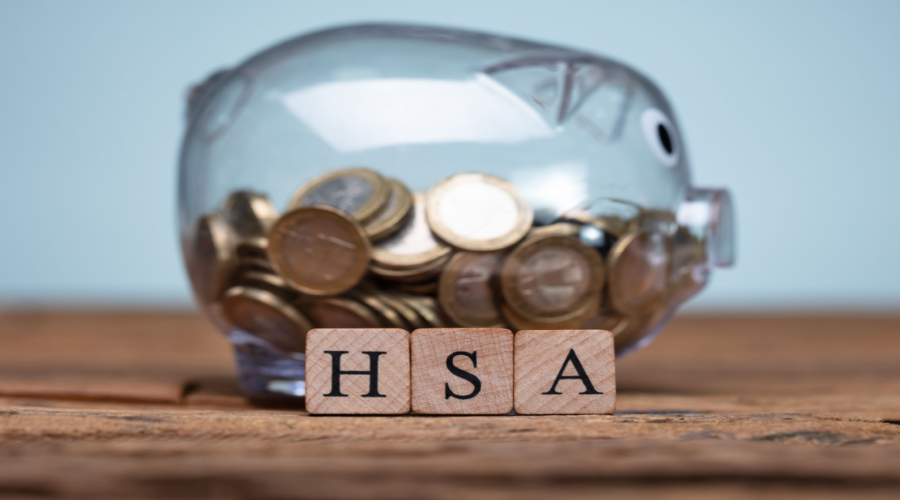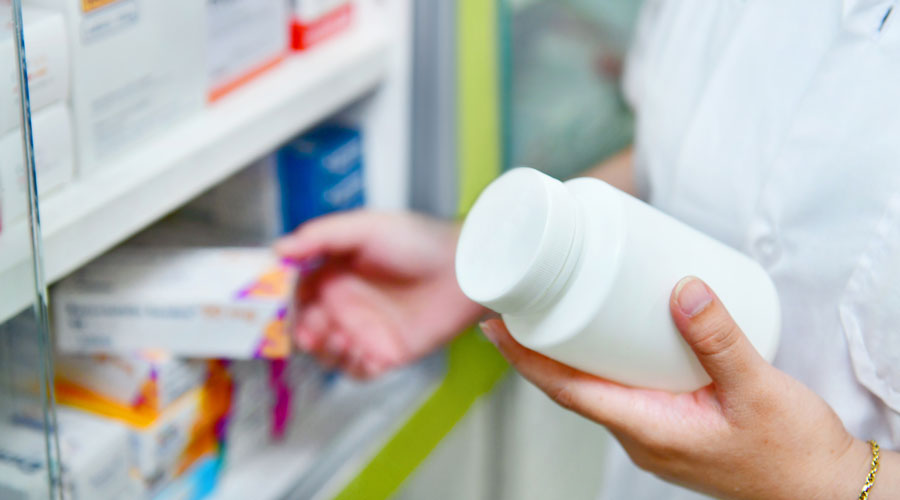You’re on your toes every second of the day in your independent pharmacy. Your patients come first, with everything else following after, including your own health and coverages. And with the end of the year just around the corner, you might be worried you’ll lose the money you didn’t use in your health savings account (HSA).
The good news is your health savings account has your back. It’s not a use-it-or-lose-it account, so you won’t lose your money if you don’t use it by the end of the calendar year. Your HSA allows you to set aside pre-tax dollars for qualified health expenses, similar to a flexible savings account (FSA), and growth is also tax-free. Withdrawals used for qualified healthcare expenses are also untaxed. And while anyone can deposit money into your HSA, the internal revenue service (IRS) does set an annual limit each year.
An FSA, on the other hand, is a special account used to pay for certain qualified, out-of-pocket healthcare costs. It’s a great tax savings tool, and it has a little more variety of what it can be used for. One advantage is that your funds are immediately available the day you enroll. Depending on how much you contribute at the start, you will have access to that money immediately for qualified medical expenses. However, be aware that an FSA requires you to use the money within the plan year, and if you leave your job, you forfeit your FSA funds.
In the meantime, you can keep your HSA account as long as you want. The money can be used on your family’s medical expenses: deductibles, copayments, coinsurance, and more. If you spend what’s in your HSA on current healthcare expenses, you still benefit from the pretax contributions that reduce your taxable income. The catch is, you can only contribute to an HSA if you have a high-deductible health plan (HDHP). If you’re covered by Medicare and Medicaid or claimed as a dependent on someone else’s tax return, you cannot open an HSA.
Another benefit is that you can change your payroll withholding rate at any point throughout the year. This means you don’t have to determine the amount before the year starts like you would with an FSA. And once you reach the magical age of 65, you can use your HSA money for any expense. However, if not used for healthcare costs, the withdrawal would be subject to an additional tax of 20 percent. It’s a requirement that you report any distributions not used for medical expenses on Form 8889 with your federal income tax return. Of course, there are exceptions to this rule. If you’re 65 years old, disabled, or the distribution is made due to the death of the HSA holder, the IRS will not assess the additional penalty.
Putting Money into Your HSA
You can contribute to your HSA at any time throughout the year (up to the annual limit). Here are some ways you can contribute:
- You can have a set amount taken out of your paycheck before taxes each week.
- Deposit money that’s already been taxed. In fact, you can deduct it from your income on your tax return, regardless of who it came from.
- Invest the funds into your HSA to earn interest (they may require a minimum account balance).
- You can move money from an IRA to your HSA once. This is called a one-time rollover.
HSA Q & A
What happens if you opened an HSA and then drop your high-deductible health plan? You can keep your account, but you cannot deposit money into it. However, you can spend or save the funds that are already in it.
From the Magazine
This article was published in our quarterly print magazine, which covers relevant topics in greater depth featuring leading experts in the industry. Subscribe to receive the quarterly print issue in your mailbox. All registered independent pharmacies in the U.S. are eligible to receive a free subscription.
More articles from the December 2022 issue:
- Increasing Patient-Care Services
- Your HSA Has Your Back
- Your Pharmacy’s Online Presence
- Rev Up Your Revenue in 2023
- Providing Routine Health Screenings
- The Best Apps for Your Pharmacy
- Cashing in on the Sniffles
- Aggression in the Pharmacy
A Member-Owned Company Serving Independent Pharmacies
PBA Health is dedicated to helping independent pharmacies reach their full potential on the buy-side of their business. Founded and run by pharmacists, PBA Health serves independent pharmacies with group purchasing services, wholesaler contract negotiations, proprietary purchasing tools, and more.
An HDA member, PBA Health operates its own NABP-accredited warehouse with more than 6,000 SKUs, including brands, generics, narcotics CII-CV, cold-storage products, and over-the-counter (OTC) products — offering the lowest prices in the secondary market.












